Our growing resource library of scientific evidence gives clinicians the ability to make data-driven decisions. Explore the science behind DentalMonitoring and how our technology provides operational and clinical solutions for orthodontists.
Learn how DentalMonitoring delivers the information you need, so that validating scans is simple and efficient.
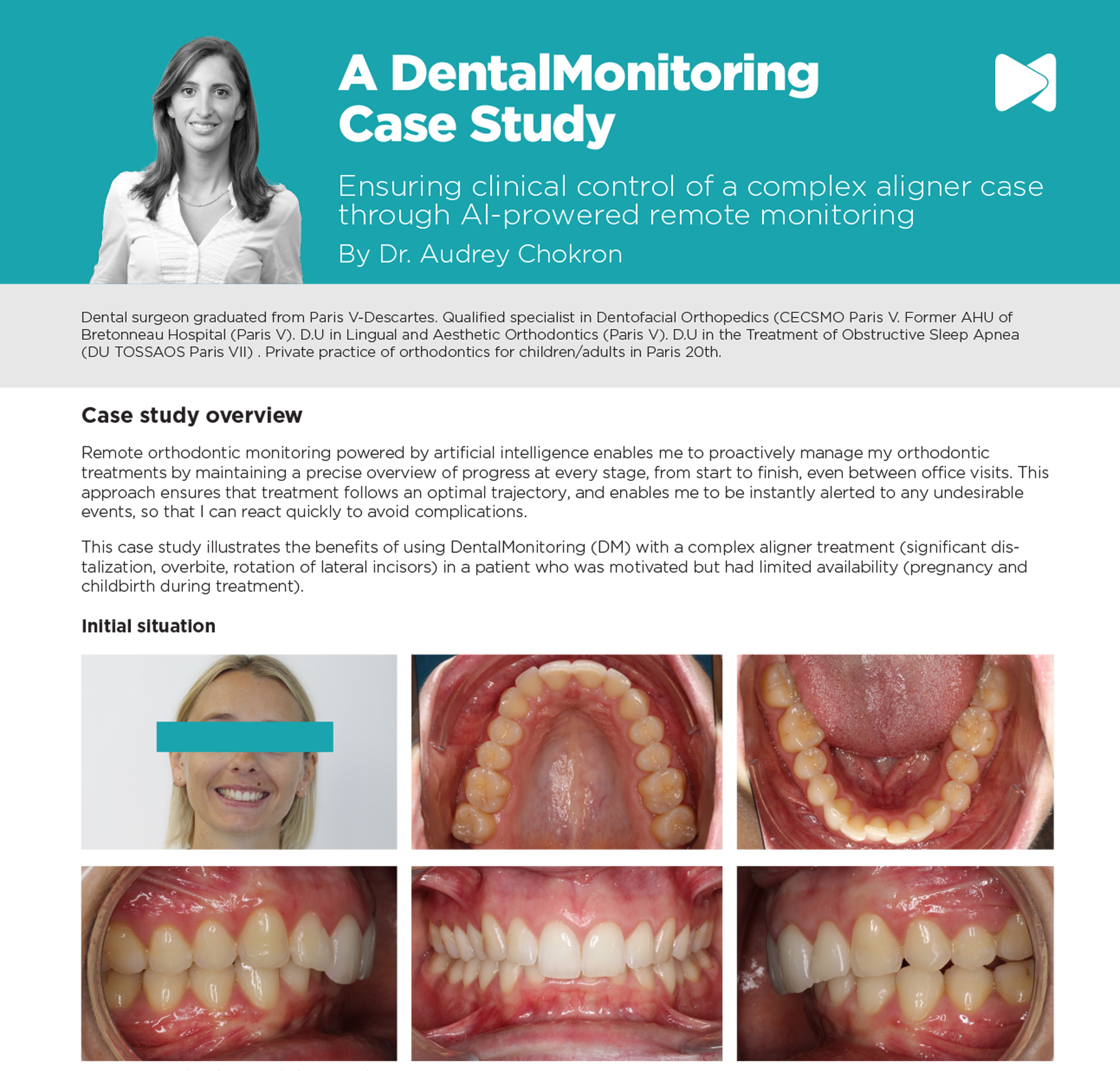
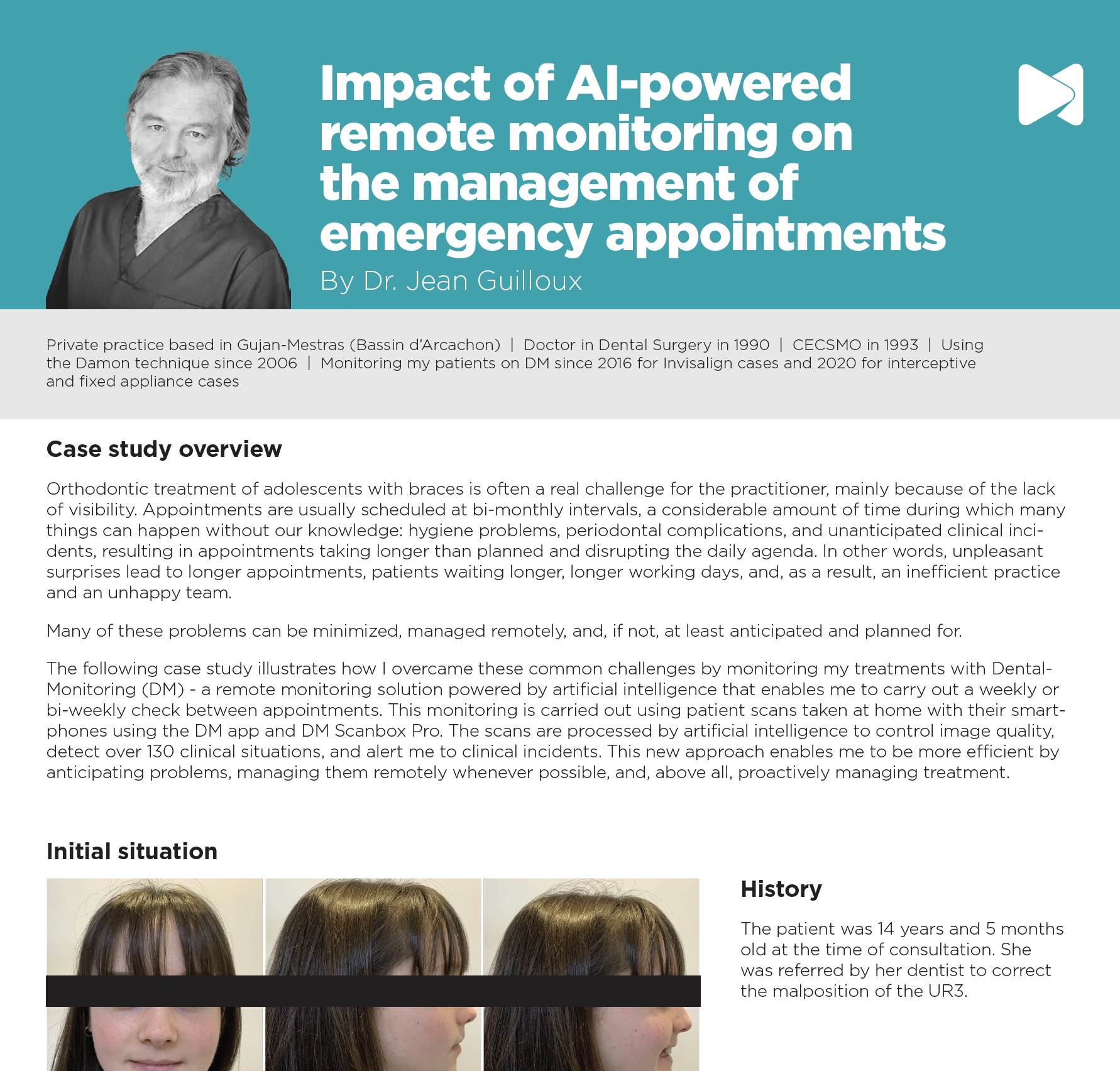
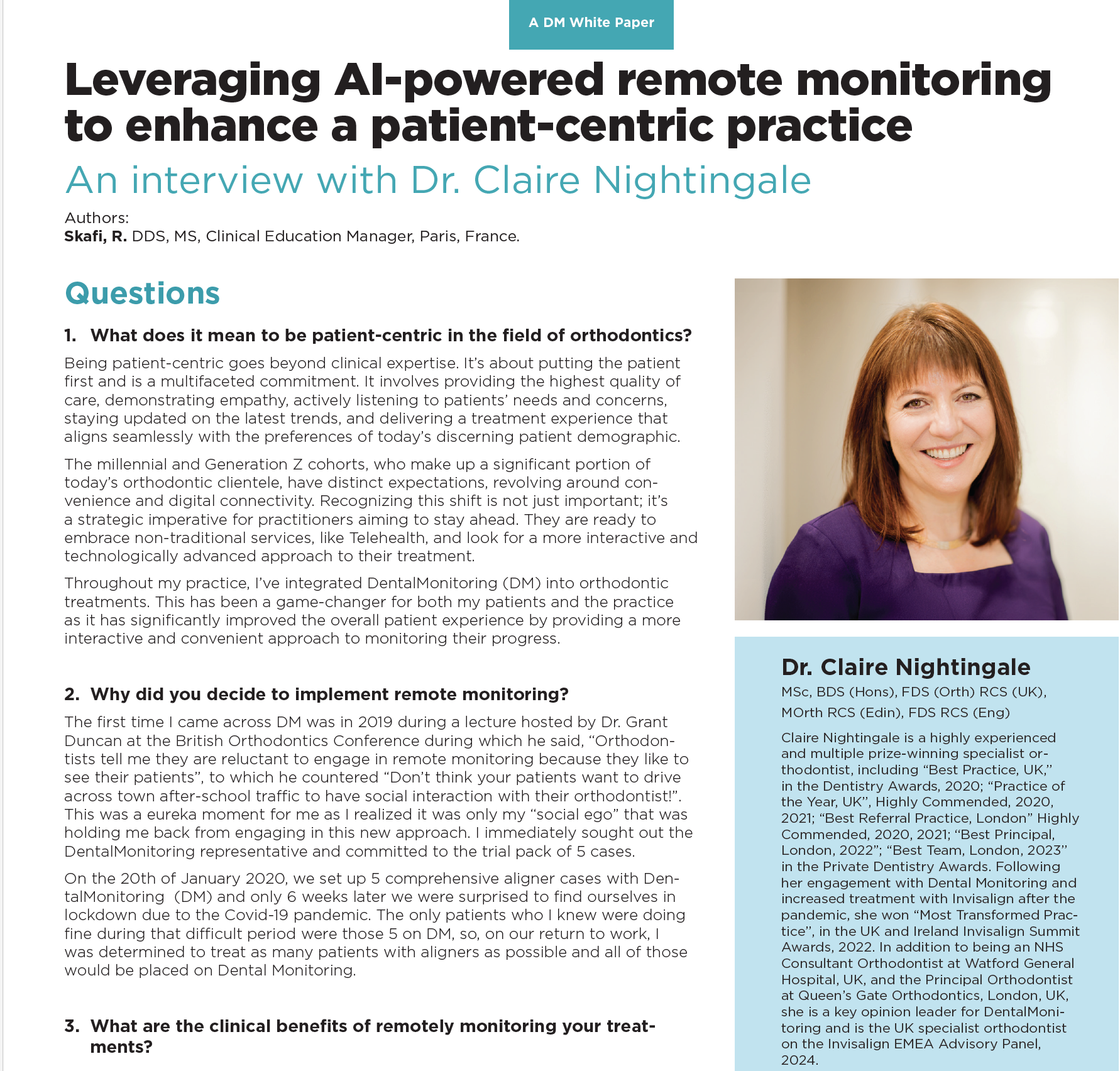
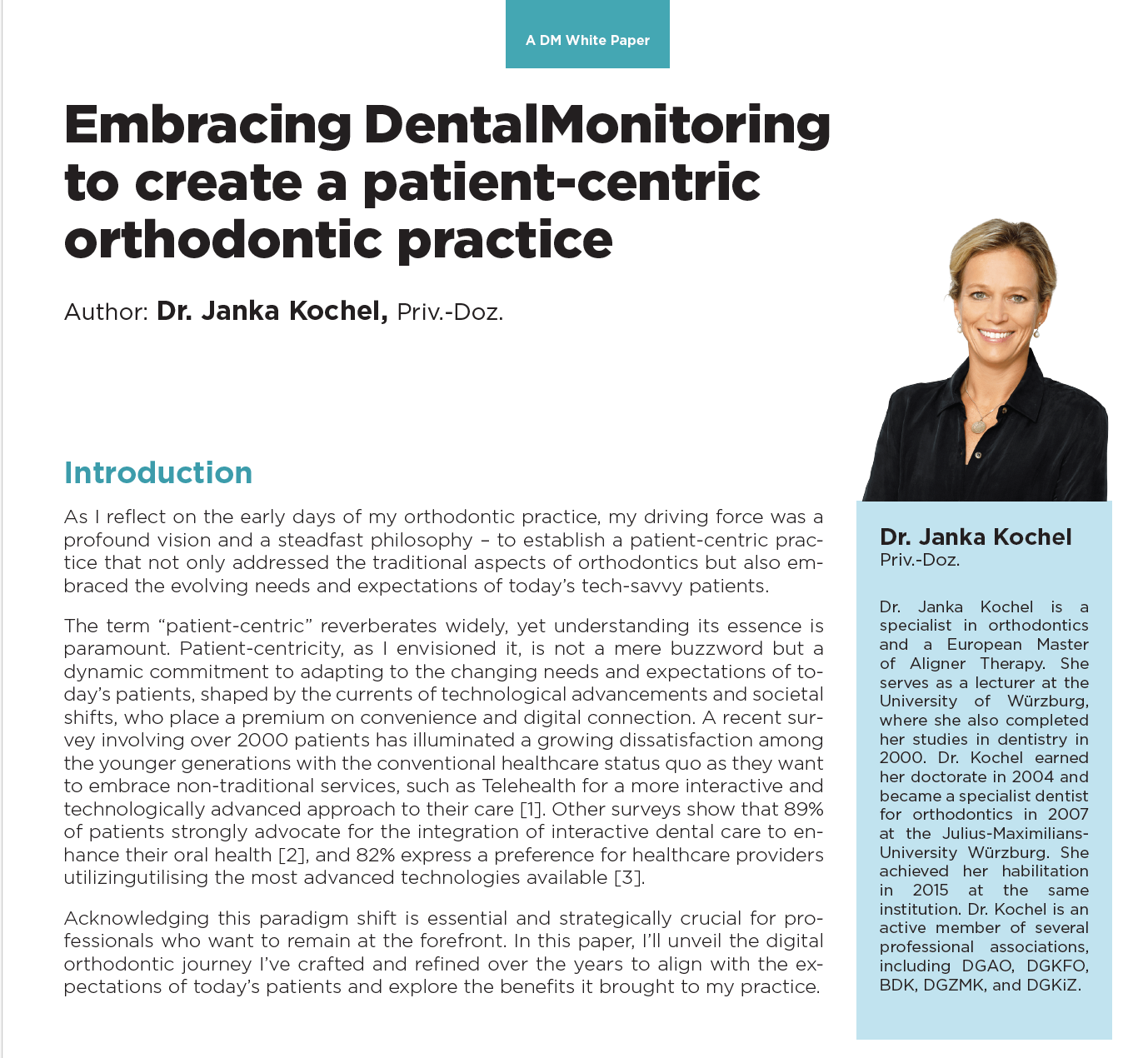


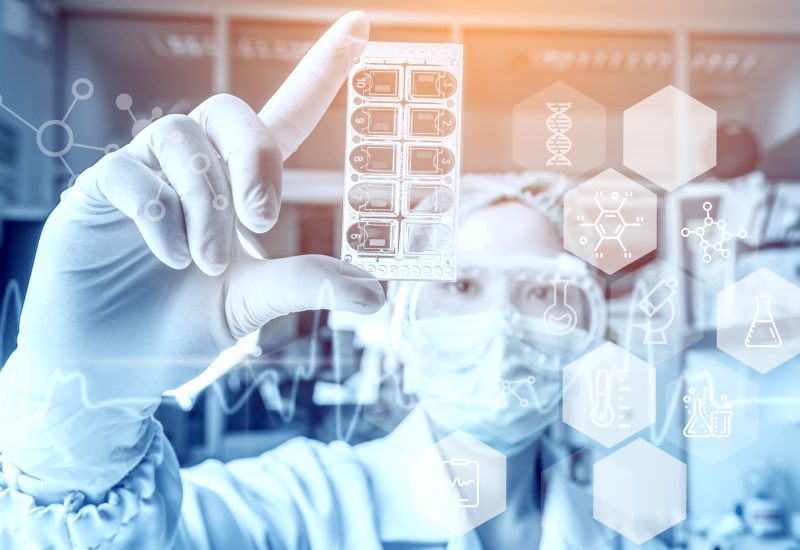
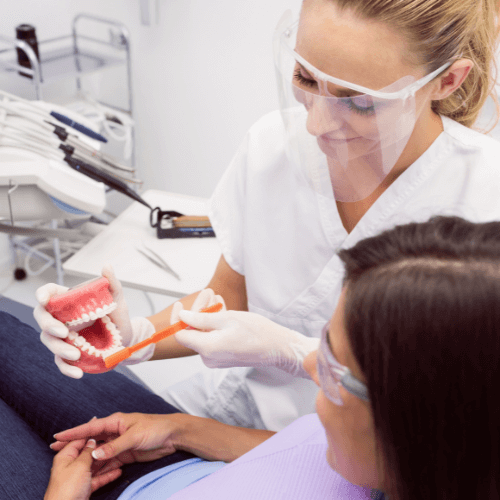
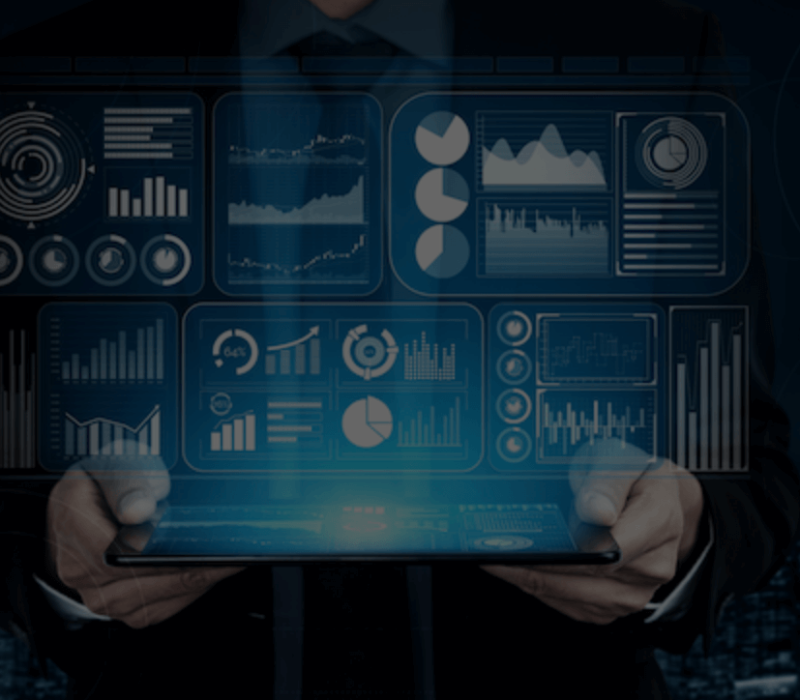
Read the collected scientific literature about how DentalMonitoring fosters opportunities for growth.
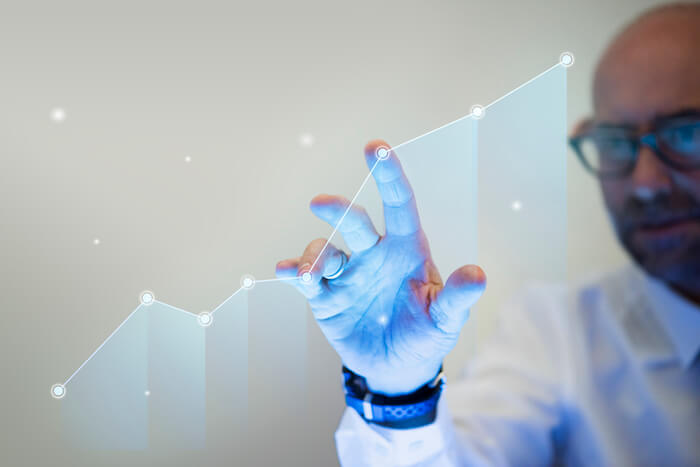

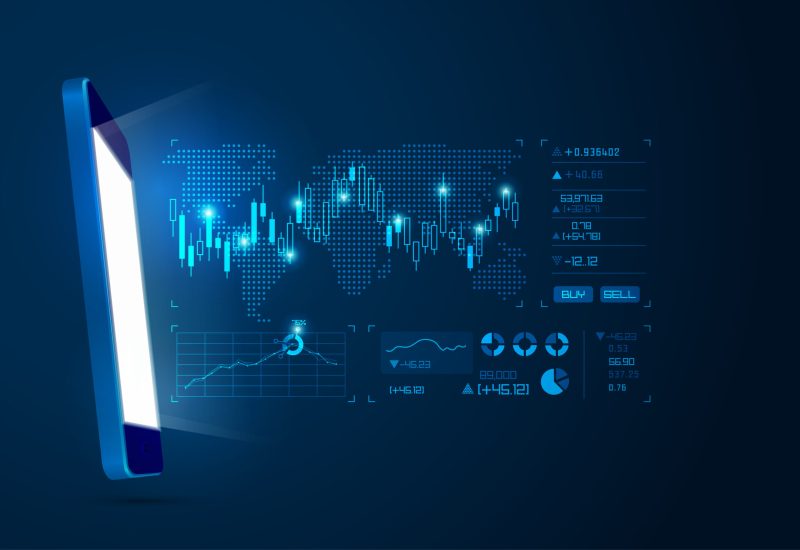
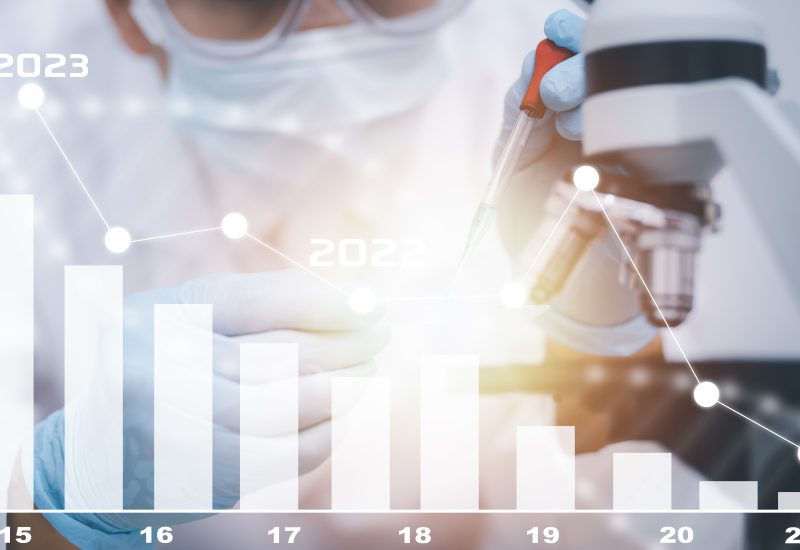
Research how DentalMonitoring creates measurable improvements in treatment outcomes.


Explore the collected literature on how doctors are making the patient experience more convenient by using DentalMonitoring.
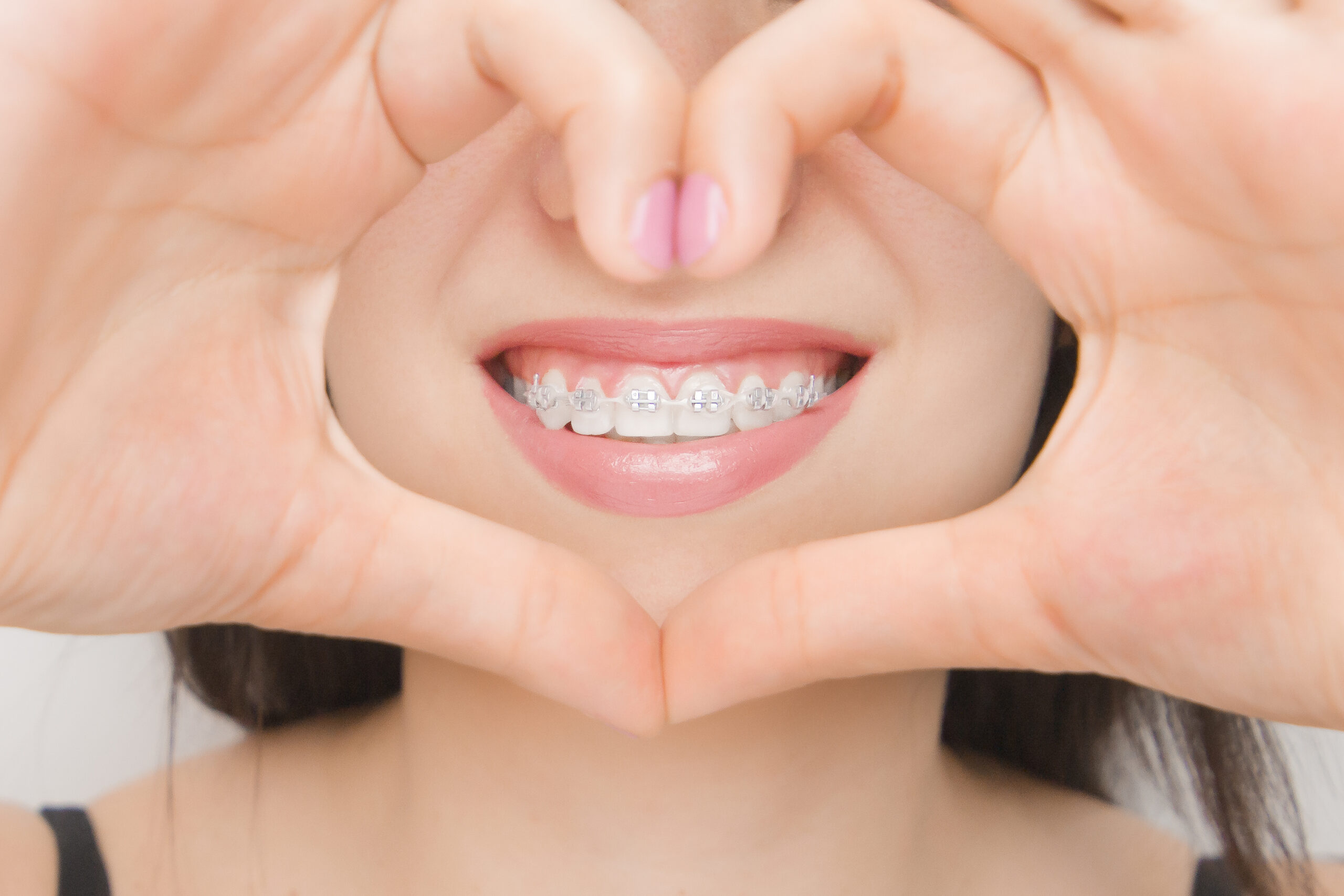
Our AI-based approach to helping orthodontists optimize treatment is a radical change in the industry. Because of the newness of our technology, the scientific literature on remote monitoring is a growing field and updates will be frequent.
Evidence
DentalMonitoring brings dentists and orthodontists the world’s first remote monitoring solutions.
Learn More
Explore the collected literature on how doctors are making the patient experience more convenient by using DentalMonitoring.
DentalMonitoring is a product designed and manufactured by Dental Monitoring SAS, for Healthcare Professionals (HCPs). It is also used by patients under the mandatory supervision of Healthcare Professionals (HCPs).
DentalMonitoring is designed to assist HCPs with remotely observing intraoral situations and monitoring orthodontic treatments. Refer to your HCP and/or the Instructions for Use before use. Some modules of the DentalMonitoring product are considered as a medical device (in Europe and other countries), registered as such and holding the CE mark. Product availability, claims and regulatory status may differ across countries depending on local regulations. Contact your local representative for further information.


